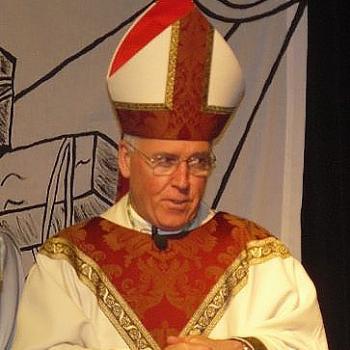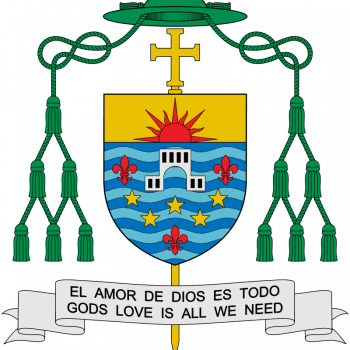In a rare move, three bishops from three different faiths have taken legal action to fight a new law that they believe will criminalize part of their ministry.
Details from the New York Times:
On a sofa in the hallway of his office here [in Cullman, Alabama], Mitchell Williams, the pastor of First United Methodist Church, announced that he was going to break the law. He is not the only church leader making such a declaration these days.
Since June, when Gov. Robert Bentley, a Republican, signed an immigration enforcement law called the toughest in the country by critics and supporters alike, the opposition has been vocal and unceasing.
Thousands of protesters have marched. Anxious farmers and contractors have personally confronted their lawmakers. The American Civil Liberties Union and other civil rights groups have sued, and have been backed by a list of groups including teachers’ unions and 16 foreign countries. Several county sheriffs, who will have to enforce parts of the new law, have filed affidavits supporting the legal challenges.
On Aug. 1, the Justice Department joined the fray, contending, as in a similar suit in Arizona, that the state law pre-empts federal authority to administer and enforce immigration laws.
And on that same day, three bishops sued.
An Episcopal bishop, a Methodist bishop and a Roman Catholic archbishop, all based in Alabama, sued on the basis that the new statute violated their right to free exercise of religion, arguing that it would “make it a crime to follow God’s command to be Good Samaritans.”
“The law,” said Archbishop Thomas J. Rodi of Mobile, “attacks our core understanding of what it means to be a church.”
While church leaders have spoken out against similar laws elsewhere, Alabama is the only state where senior church leaders have gone so far in formal, organized opposition. But the law in Alabama, a state with an estimated 120,000 illegal immigrants, according to the Pew Hispanic Center, goes further than any other.
It contains some of the controversial provisions of other recent state laws, including one that empowers local law enforcement to try to ascertain immigration status after pulling people over for traffic violations.
But the law also makes it a crime to transport, harbor or rent property to people who are known to be in the country illegally, and it renders any contracts with illegal immigrants null.
To some church leaders — who say they will not be able to give people rides, invite them to worship services or perform marriages and baptisms — the law essentially criminalizes basic parts of Christian ministry.
There’s additional information at the website for the Archdiocese of Mobile.












